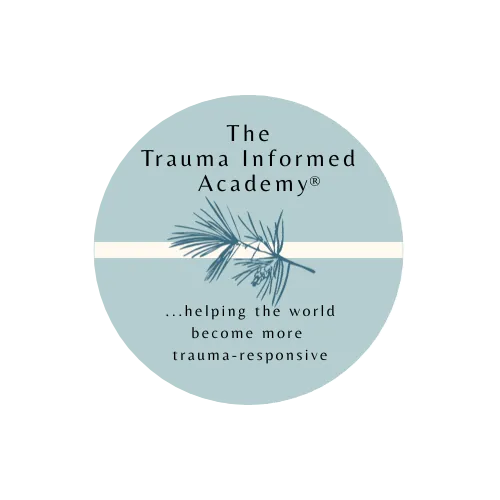

How to Become Trauma-Informed in a Meaningful Way?
This is the last of my blogs about those F-tags, F-656, -699, -726 and -742. They are pretty good drivers of change. Behind that, we hope, is the driver of genuine goodwill towards the people served and wanting them to be as happy and whole as is possible. And of course, the business case is a driver. Federal regulations--the F-tags--are effective, and they set boundaries about what constitutes violations of some element of “First do no harm.”
We also know several hidden drivers to which a meaningful response helps facilities walk the talk instead of just talking it. One is the knowledge that 100% of us are trauma-exposed, seeing, hearing or experiencing things that overwhelm us and make us think we might die, be badly injured or lose our minds. Those “things” include natural disasters, structural “-isms” like racism and sexism, medical crises, accidents, maltreatment, crime victimization, death, moving, homelessness, and many more. There is no “those people,” or “them.” Staff carry the same wounds they are called on to observe, assess, identify and reduce the impact of often without the same skills in themselves. Responding to this driver from a non-pathologizing way is an automatic boost to morale, retention, and satisfaction as people adjust.
It’s also true that maybe 25% of the people who are trauma-exposed to something develop a diagnosable mental disorder, like PTSD, a diagnosis we hear bantered about a lot. Discourage the use of diagnoses and instead describe behavior and call people by their names.
And we know that all staff bring their history to work. Yes, they need the standard TIC training--and then they need the overlay that that is common for everyone regardless of whether they are resident or staff: practical EQ skills, tempered through a Trauma-Responsive lens. Making EQ a natural extension of TIC makes sense when the skills overlap so much.
Satisfying the F-tags related to trauma informed care requires identifying and adjusting organizational policies and procedures to reflect the strength-based, present-focused, collaborative processes evident in a Trauma-Responsive facility. It also requires accepting that everyone in the building benefits from the training, which must be practical and inclusive.
Make the F-Tags about TIC more than regulations to follow; make them and continued attention to them, a method for culture change. Offer deep human kindness
I’m excited to hear your thoughts over virtual coffee! Reach out to me: https://calendly.com/epower



Email our Admin:
©Copyright 2025 EPower & Associates, Inc. All Rights Reserved.
Privacy Policy | Terms of Use
Featured On...


